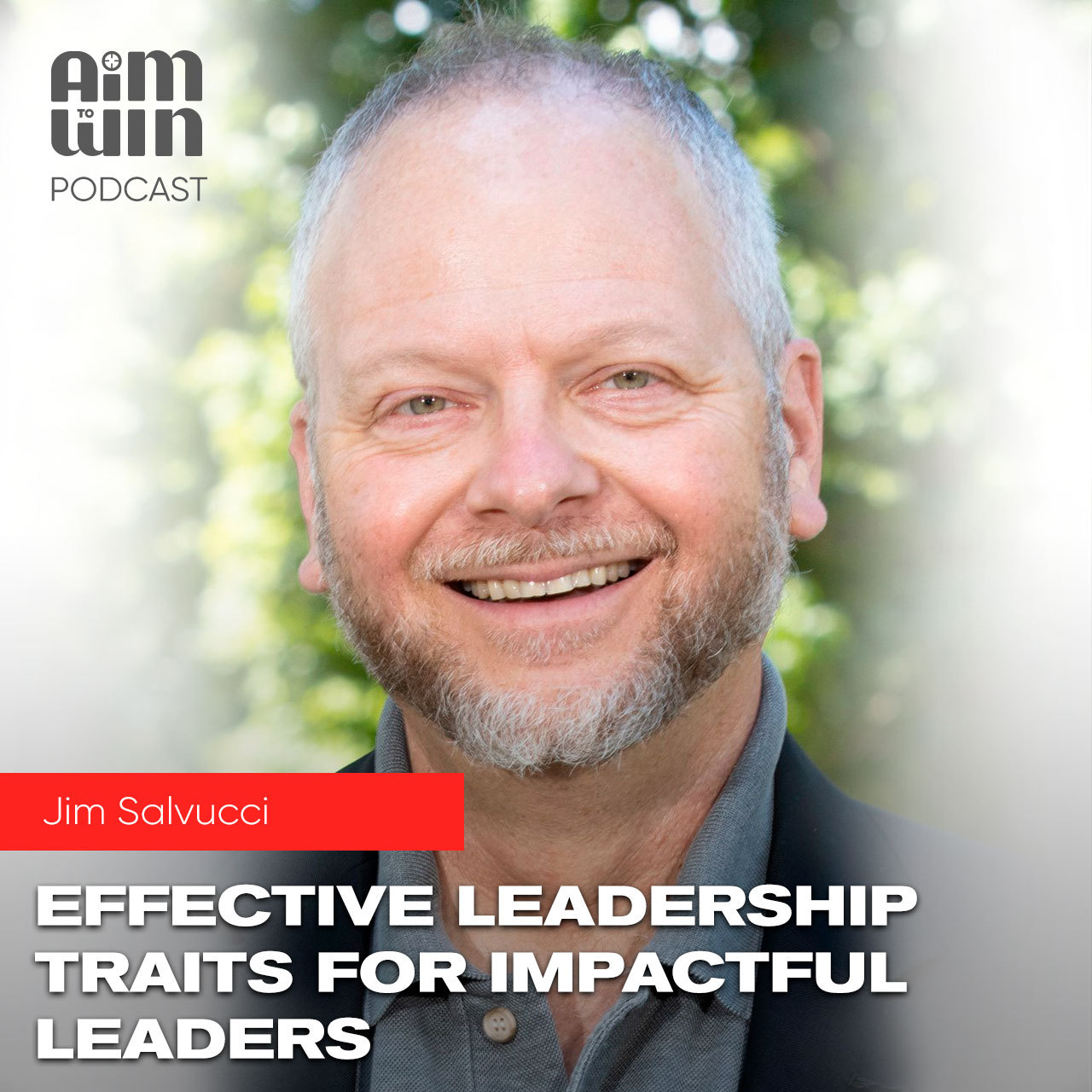Jim Salvucci shares his journey through higher education and why dropping your ego is an essential part impactful and effective leadership. Ego and leadership cannot coexist. And although leading without ego is hard, Jim explains that leadership is not about what makes you better than those you lead but what binds you together. This is why people respect the authority of a boss, but cherish the humbleness of a leader.
Who Is Jim Salvucci?
Jim Salvucci’s career spans over 30 years, as a professor and a college administrator. His goal was always to help set higher education and its institutions on a more successful path. He guided leaders at every level to become their best selves and to cultivate the best in others by refocusing on the organization’s mission.
After seeing the increased need for this kind of specialized thinking and support in the business world, Jim moved into the corporate arena where he offers his experience and commitment to leaders and emerging leaders in every field that values its mission.
What’s the Difference Between a Boss and a Leader?
What is the difference between a boss and a leader, and can a boss be a leader? Everyone who works for an organization has a boss — you know, the manager in the tasteful corner office down the hall. A boss is typically the person you report to; they ensure the team is achieving objectives and focusing on the right tasks. However, a boss is not a leader. But every boss has the opportunity to be a leader.
There are very few bosses who are leaders and even fewer who are great leaders. The main difference between a boss and a leader is that the boss’s main priority is to focus on the items on the corporate to-do list. A leader, on the other hand, is first and foremost a member of the team. In addition to inspiring and motivating their team members, they strike a fine blend between leading, supervising, and assisting whenever necessary. This is why people respect the authority of a boss, but cherish the integrity of a leader.
Develop These Three Skills For Impactful and Effective Leadership
Although much has been written about impactful leadership, leaders still need help understanding what it means to be an impactful leader. At its core, impactful leadership is about making a difference – making a difference in the personal and professional lives of the individuals in your team. In the over 30 years he’s spent working with corporate clients, organization heads, and entrepreneurs, Jim highlights impactful leaders possess these three skills.
- Human Decency – Decency is really about being good to people. It’s that simple. Unfortunately, people in today’s world care more about themselves than they do about others. This self-serving, selfish mindset is the opposite of what you’d expect from an impactful leader.
- Leadership without ego – Ego is the enemy of impactful leadership. When leaders get caught up in their own egos, it erodes their effectiveness. The combination of false pride and self-importance makes people see themselves as the center of the universe and begin to put their own needs ahead of the members on their teams.
- Leadership is learning – Continuous learning is a sign of good leadership. Today’s world is changing at an incredible pace, so leaders need to be consistently learning because the methods they are working today won’t necessarily work tomorrow.
How to Get Your Ego Out of the Way in Leadership
The rarest commodity in the modern world is leadership without ego. To lead without ego is hard, especially if you started from the bottom and are now dining with kings. But as Jim explains, dropping your ego is simple. You just need to take an interest in other people and their projects. Leadership is not about what makes you better than those you lead but what binds you together. It’s really not about you; it’s about your people and not overestimating your own importance.
Running a Mission-Focused Business
What’s it like to work in a mission-driven company? Being mission-focused is a broad idea. Many companies assume they are, but very few actually know what it really means. So, here’s the deal, simply having a mission statement does not mean you’re a mission-driven company. Being a mission-driven company means focusing on serving people and uplifting all stakeholders, from leaders to employees to consumers. With so much of our time spent working, workers today want to work in organizations where their contribution is recognized. People today are not satisfied with receiving a paycheck; they also want a sense of pride in their work. Nothing beats the satisfaction that comes with knowing that you’re working for a company with a meaningful and rewarding mission that everybody believes in.
Links:
Contact Jim via email – Jim@Jimsalvucci.com
Leading with Greatness Podcast
The No Asshole Rule: Building a Civilized Workplace and Surviving One That Isn’t by Robert I. Sutton PhD Good Boss, Bad Boss: How to Be the Best… and Learn from the Worst by Robert I. Sutton PhD

